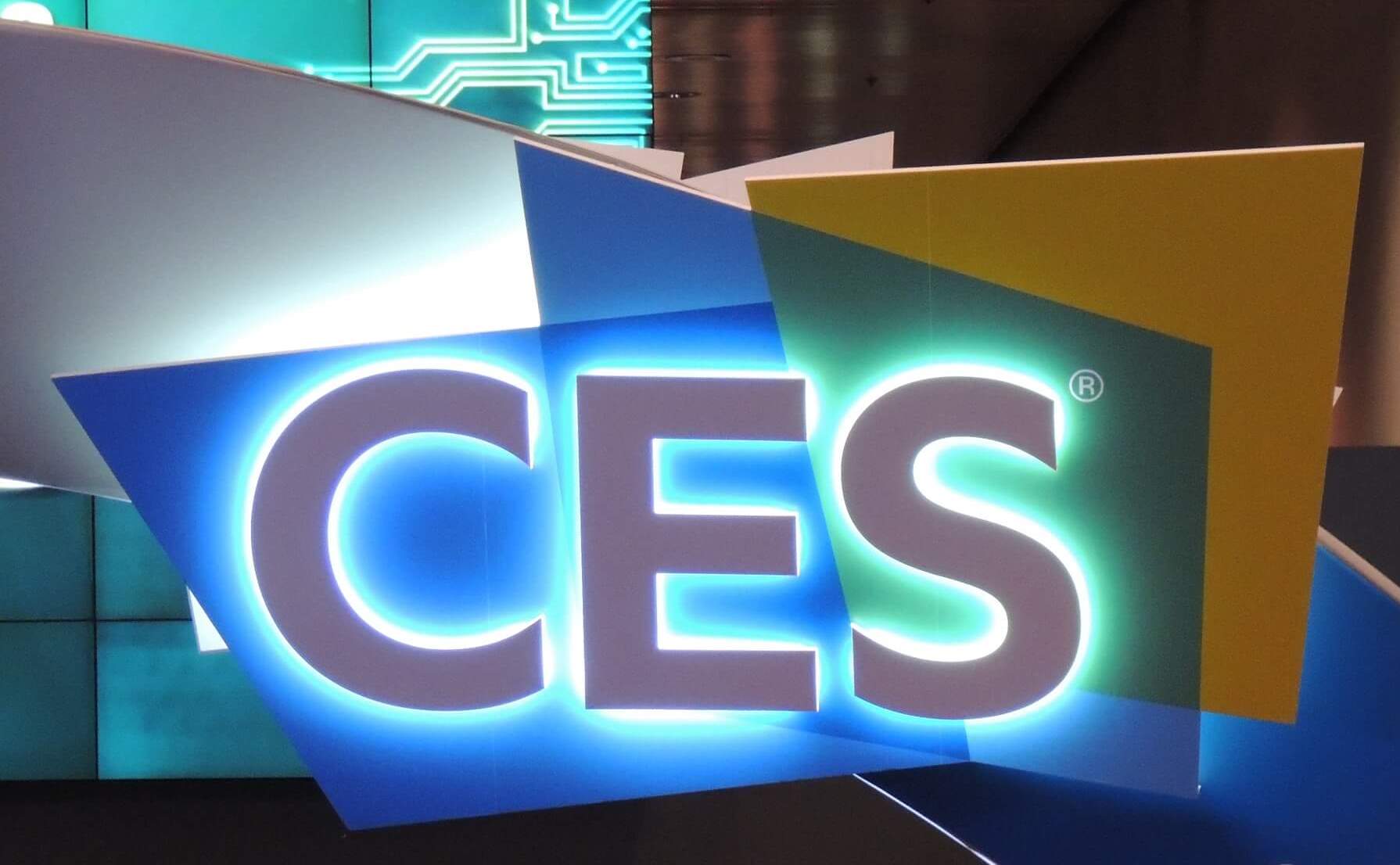"Intelligent" vs. "Smart": Six Top Insights from CES 2017

CES 2017 featured 3,800 exhibitors and hundreds of sessions across three venues during the four-day event. Over 200,000 people from around the world attended, from government and media industry leaders to entrepreneurs to founders of innovative start-ups. The top takeaway may have been the shift from "smart" to "intelligent" devices, which will dramatically accelerate in the very near future. Six major insights follow.
The Intelligent Economy is Everything. The Intelligent Economy was on abundant display throughout CES. It is a hyper-connected grid comprised of interconnected mesh networks of devices. The iPhone is an early product of The Intelligent Economy and will celebrate its tenth anniversary this year. The iPhone user interface revolutionized product design and the smartphone industry. The devices in the next decade will be intelligent vs. smart. Artificial intelligence will power them, increasing processing power, and will provide a level of functionality not possible to imagine a decade ago.
The first generation of intelligent products was on display at CES 2017. These products provide real value to consumers and business today. Successful products and services that meet and exceed the needs of consumers will require increasing amounts of data and processing power.
Data Consumption Will Grow Exponentially. The pace of change is accelerating and with that data, power consumption and processing is also growing at an unprecedented rate. MIT estimates that 70% of the usage of the Internet is for video consumption. Cisco is projecting a 61% increase in video traffic from virtual reality between 2015 and 2020. Microsoft Windows 10 is building VR and augmented reality (AR) as key features in its 2017 updates. The number of smartphones is expected to grow from three billion to five billion -- a 67% increase in the next 36 months, according to the GSMA. The data consumed by autonomous vehicles, IOT connected devices and artificial intelligence will see dramatic increases over the next 36 months. Today's autonomous vehicles have the computing power and complexity of the most advanced fighter jets. Lastly, the increase in data consumption from this emerging market is projected to grow explosively as populations, governments and businesses use mobile technology as their primary infrastructure backbone.
Artificial Intelligence Will Offer a Competitive Product Advantage. Artificial Intelligence was a common technology theme in many applications at CES. It has the ability to learn our consumption habits and become an advisor in our daily life and in our healthcare. Machine learning and predictive analytics are part of AI. As consumer acceptance of AI grows and proves its utility, it will become a product or services requirement. The autonomous vehicle demo below illustrates the use of massive computing power required in artificial intelligence for safe driving.
Autonomous Vehicles Facial Recognition - NVIDIA
Voice is the New Interface. Voice was a key product feature in many applications at CES. The two examples (below) illustrate how voice improves the user experience for both humans and for pets.
Samsung Refrigerator with Human Voice Command
Pet Bark Activated Treat Rewards for Dogs
IOT Will Be Everywhere. Today consumers are using their smartphones to remotely control media playback and house alarms, to unlock homes and cars, to turn on lights or ovens and to control drones in flight. As wearable and use of sensors grow consumers will be able to monitor their health and fitness.
As an example, the Casio products that were displayed at CES are designed to improve and enhance outdoor activity. They draw up many forms of integrated IOT data combined with an ease to use interface. Click the links below to see more.
Casio Line of Smartwatches for Skiing, Golfing, Hiking and Boating
Casio Line of Smartwatches for Biking, Outdoors and Golf
Serving the Intolerant Consumers. The consumer attention span has decreased from twelve seconds to eight seconds according to a study by Microsoft over the last decade. The uberization of behavior has created an on-demand and intolerant consumer. The efficiency of Amazon supports the 24/7 "always on" accessibility for consumers to buy what they want when they want it. Maintaining the global infrastructure to support intolerant consumers is a cost of doing business today. Serving intolerant consumers is a winning play. Ignoring them can be deadly. The two video examples below show how leading brands are satisfying intolerant consumers. The smart ring brilliantly combines personal security with utility. The Michael Kors watches combines functionality with design.
NIMB-Smart Ring with A Panic Button at CES 2017
Michael Kors Smartwatch at CES 2017
Autonomous Business and Consumer Vehicles Will Slowly Evolve. According to research by Ericsson "one in four pedestrians would already feel safer today if all cars were autonomous and 65 % of those who say so would also very much prefer to have an autonomous car rather than one they have to drive themselves." Tesla is already installing full self-drive capability in all cars. The expected regulatory and consumer behavior objections will slow the consumer adaptation of the autonomous consumer market. The business-to-business market is already embracing autonomous vehicles.
Panasonic Connected Car Driving Experience
The next opportunities for CEOs to see, touch and feel The Intelligent Economy is at Mobile World Congress, which is an annual event, held in Barcelona from February 27 to March 2.
Click the social buttons above or below to share this story with your friends and colleagues.
The opinions and points of view expressed in this article are exclusively the views of the author and/or subject(s) and do not necessarily represent the views of MediaVillage.com/MyersBizNet, Inc. management or associated bloggers.


